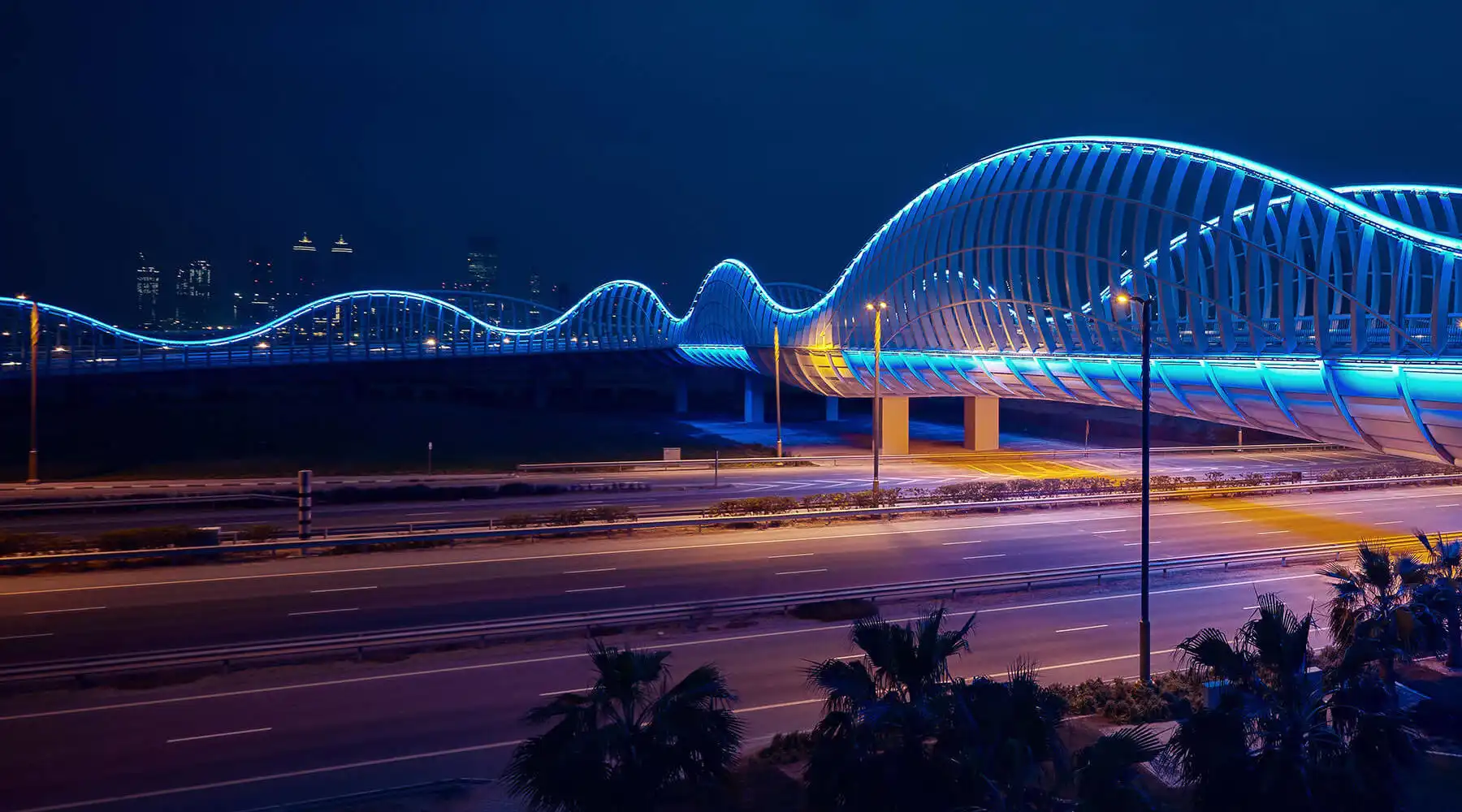Challenge
Dubai must have an up-to-date approach to geospatial data capture, management and dissemination to achieve its aim of being the happiest place on earth.
There were some key challenges to putting this in place however:
- Working with private sector and government partners to empower, deliver and promote an efficient, seamless and safe city experience for residents and visitors.
- Advising SDGE on a portfolio of products, services and technology to align with the new vision of Smart Dubai.
- Identifying implementations of geospatial technologies and data as an international best practice reference.
- Understanding which services will make life easier for residents or visitors.
- Optimising data and technology to create world-leading smart services.
Solution
We started with in-depth research involving interviews with stakeholders who, knowingly or not, use geospatial data. We asked people in the private and public sectors, as well as the general public, what could make their lives better and easier.
This groundwork supported the review and documentation of the current state of geospatial activity within Dubai. It enabled Ordnance Survey and NXN to create a suggested policy document, and put forward business cases in areas such as managing the collection of data, and create a vision for geospatial integration and functionality of the Smart Dubai Platform.
With its smart cities connections around the world, OS was able to show SDGE first-hand the existing global benchmarks in the smart arena and how geospatial information underpins success.
Result
The project revealed how geospatial information is a critical component of any smart city strategy.
Dubai is now developing a broader geospatial strategy for the Emirate, and is considering how it can optimise activities across government to accommodate the spatial initiatives recommended by OS and NXN.
"Geospatial data is a valuable tool for any smart city strategy, and by partnering with a leader in this domain, Ordnance Survey, we definitely demonstrated its effective usage through the Smart Dubai platform."
